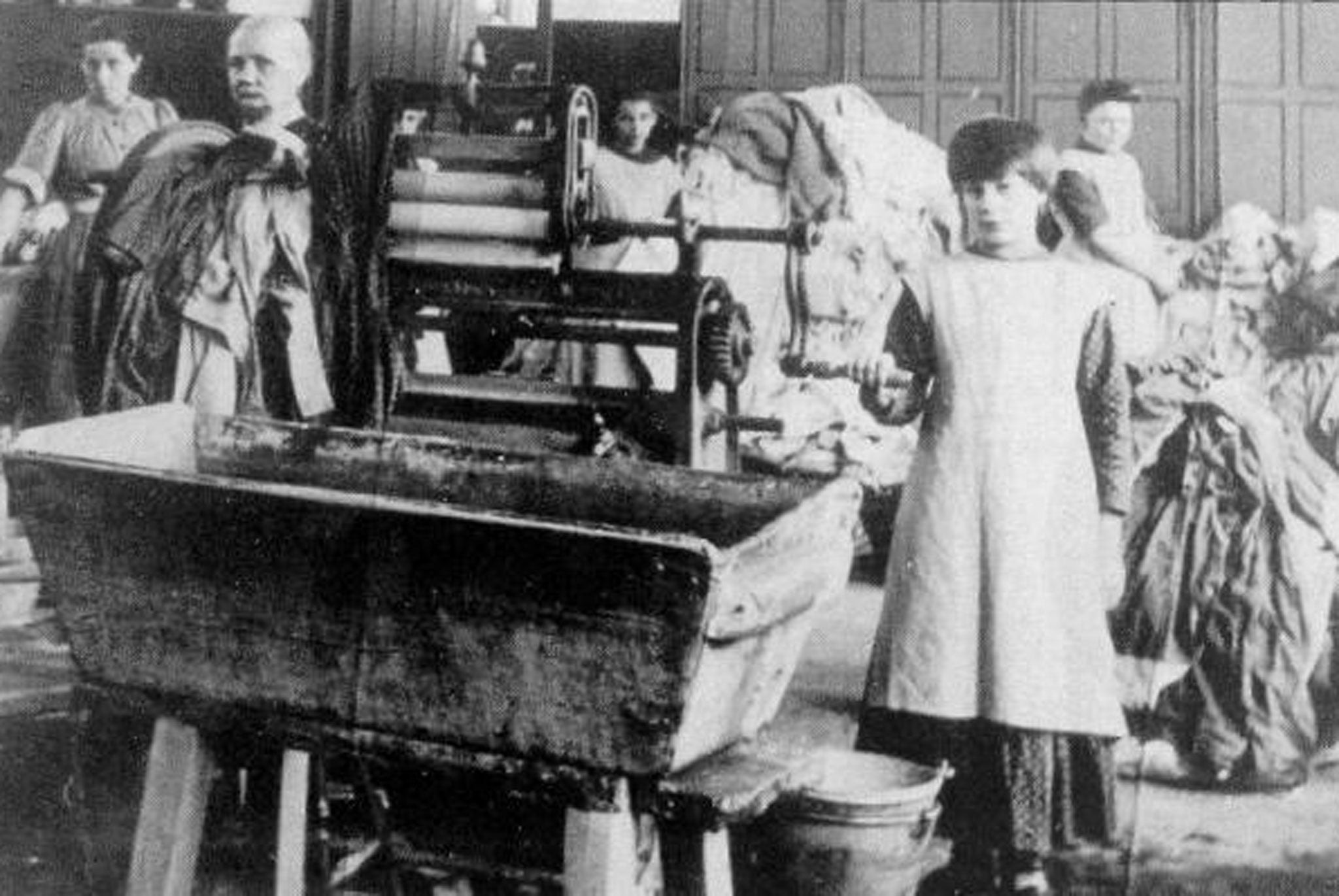The Irish government has apologised to thousands of women it sent to so-called Magdalene laundries between 1922 and 1996.
The laundries were Catholic-run institutions for “morally troubled” or “fallen women”, terms used to imply sexual promiscuity and usually applied to young single mothers, initially to rehabilitate them back into society.
But the asylums were increasingly prison-like and included forced, unpaid labour. It is estimated that over 10,000 women passed through the laundries over the decades, with many forced to wash clothing and bedding for hotels and the Irish army.
As an inquiry found 2,124 of those detained in the institutions were sent by the authorities, Taoiseach Enda Kenny expressed his sympathies with survivors and the families of those who have died.
“To those resident who went into the Magdalene laundries from a variety of ways, 26% from state involvement, I'm sorry for those people that they lived in that kind of environment,” he said.
More than a quarter of all official referrals were made by the state, an 18 month inquiry chaired by Senator Martin McAleese has found.
The inquiry identified five areas where there was direct state involvement in the detention of women in 10 laundries run by nuns.
* They were detained by courts, gardai, transferred by industrial or reform schools, rejected by foster families, orphaned, abused children, mentally or physically disabled, homeless teenagers or simply poor.
* Inspectors, known as “the suits” by the women, routinely checked conditions complied with rules for factories.
* Government paid welfare to certain women in laundries, along with payments for services.
* Women were also enabled to leave laundries if they moved to other state-run institutions such as psychiatric hospitals, county and city homes and in the company of police, probation, court or prison officers.
* The state also had a role in registering the death of a woman in a laundry.
Survivors have been campaigning for the last 10 years for an apology from state and church and a transparent compensation scheme.
Religious orders the Sisters of Our Lady of Charity ran laundries at Drumcondra and Sean MacDermott Street in Dublin, the Sisters of Mercy in Galway and Dun Laoghaire, the Religious Sisters of Charity in Donnybrook, Dublin, and Cork, and the Sisters of the Good Shepherd in Limerick, Cork, Waterford and New Ross.
The last laundry, Sean MacDermott Street in Dublin's north inner city, closed in 1996.
Justice for Magdalenes, an advocacy group, said it is aware of at least 988 women who are buried in laundry plots in cemeteries across Ireland and therefore must have stayed for life. The inquiry could only certify 879.
The Taoiseach said action should have been taken before to clear the names and reputations of the women put to work in the institutions.
“That the stigma, that the branding together of the residents, all 10,000 needs to be removed and should have been removed long before this and I'm really sorry that that never happened, and I regret that never happened,” Mr Kenny said.
“I'm sorry that this release of pressure and understanding of so many of those women was not done before this, because they were branded as being the fallen women, as they were referred to in this state.”

Join our commenting forum
Join thought-provoking conversations, follow other Independent readers and see their replies
Comments